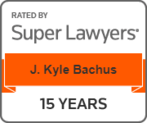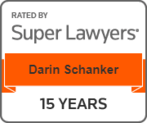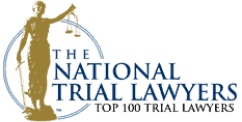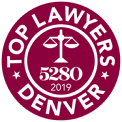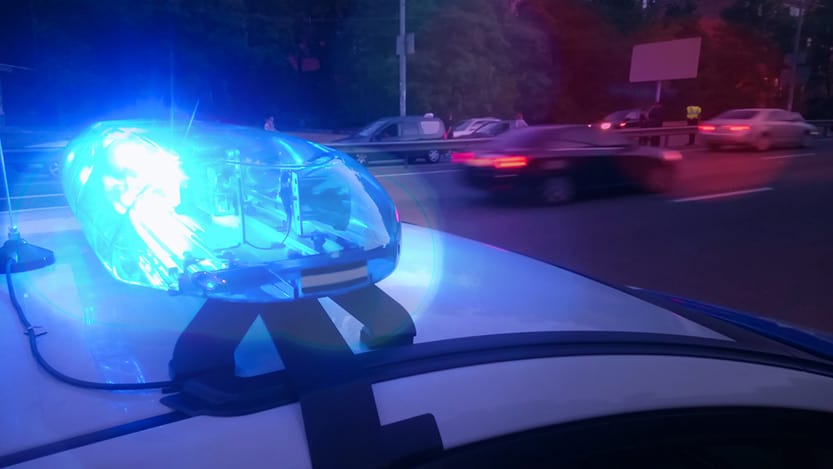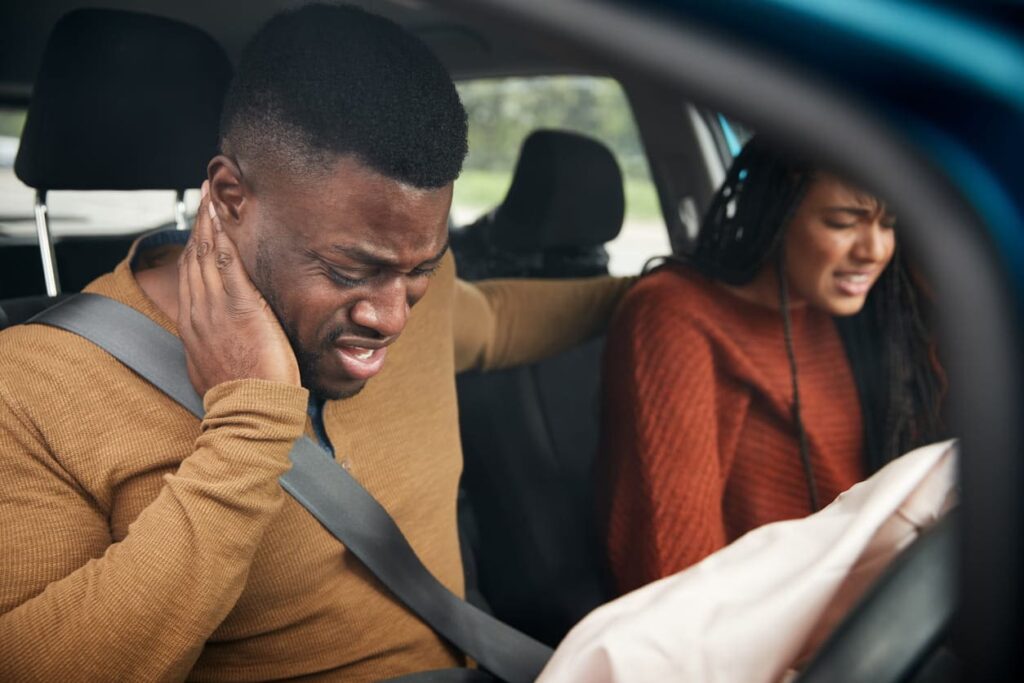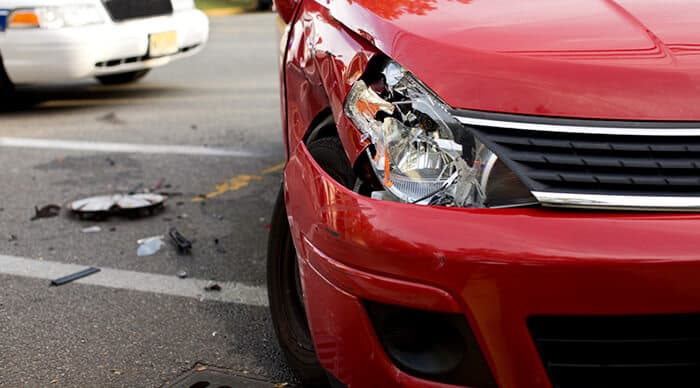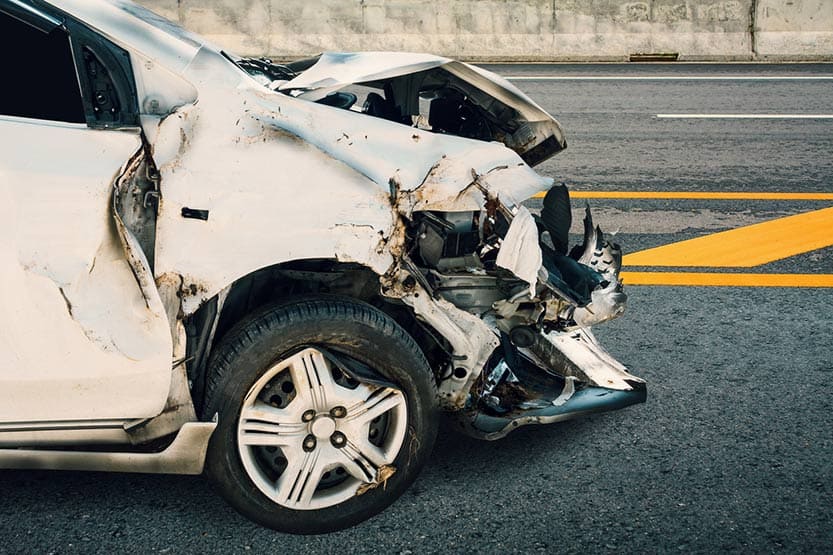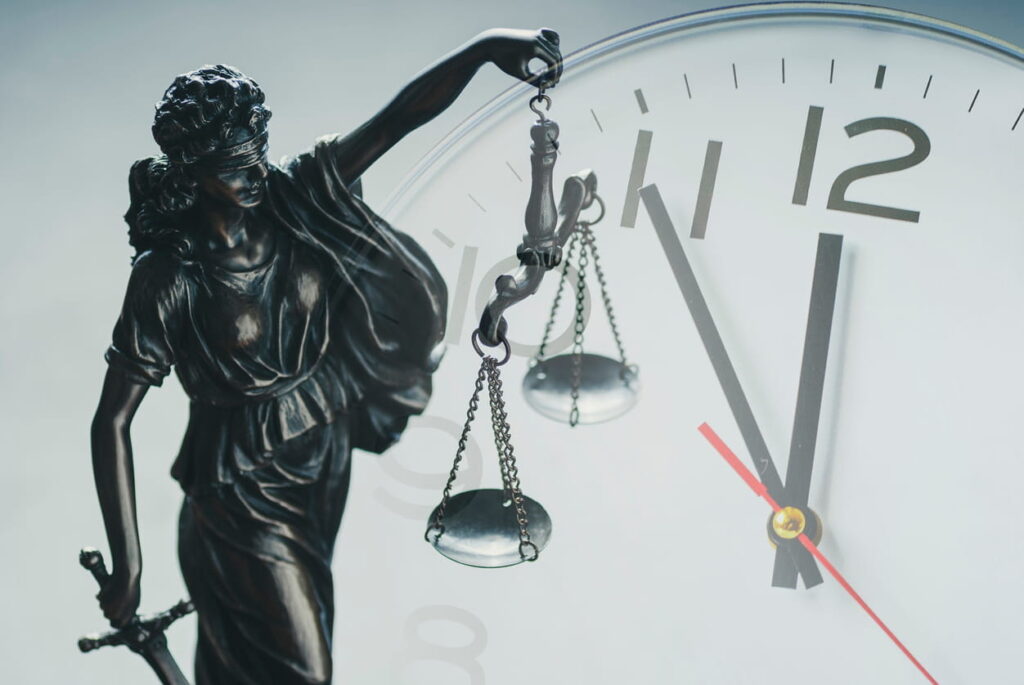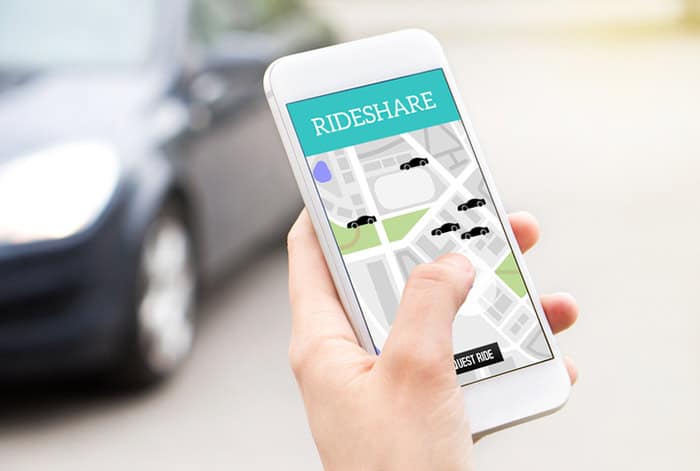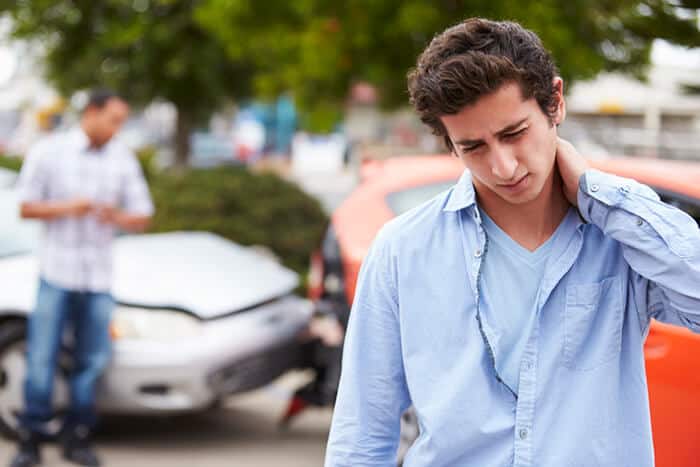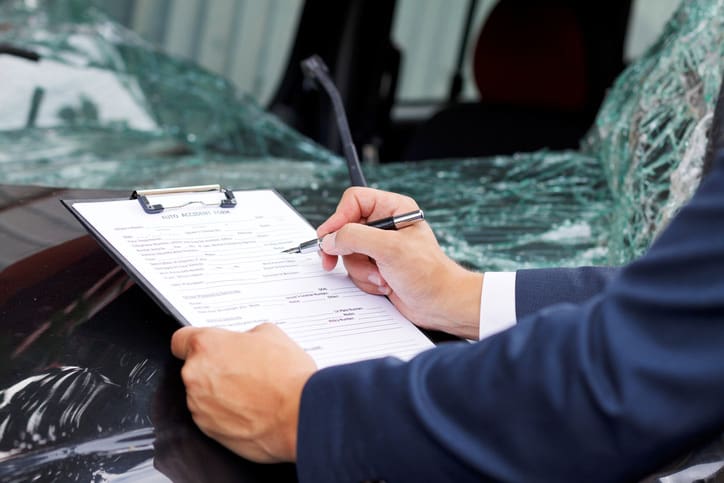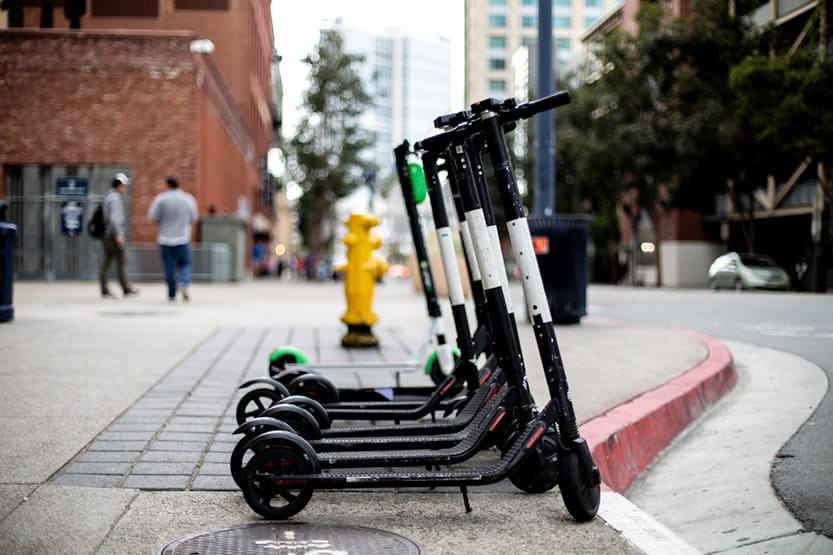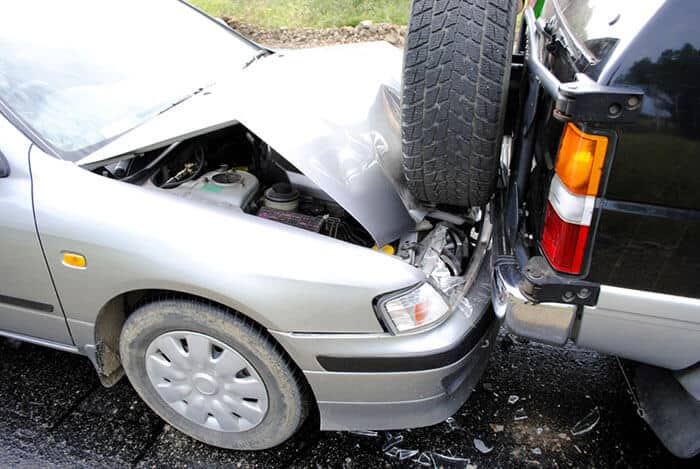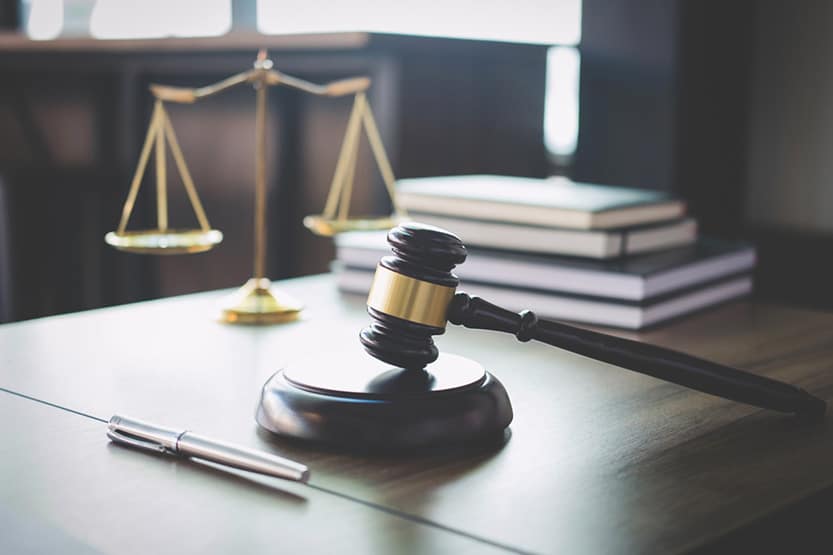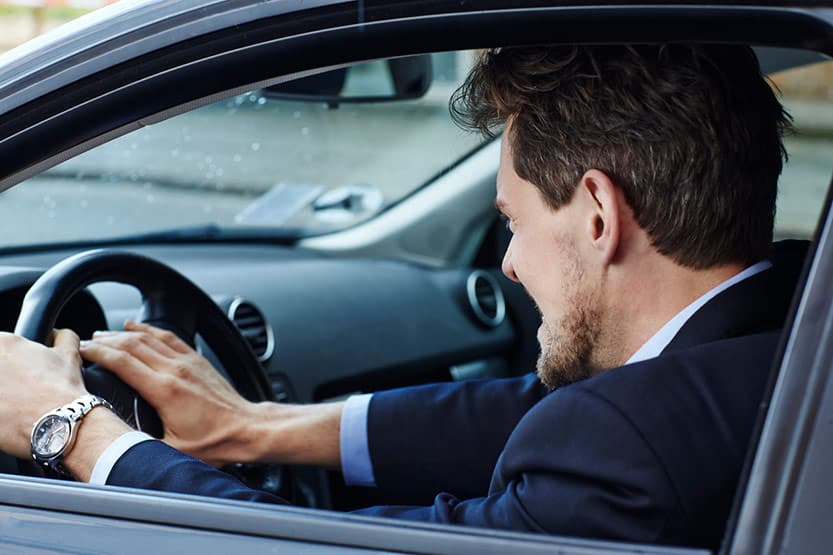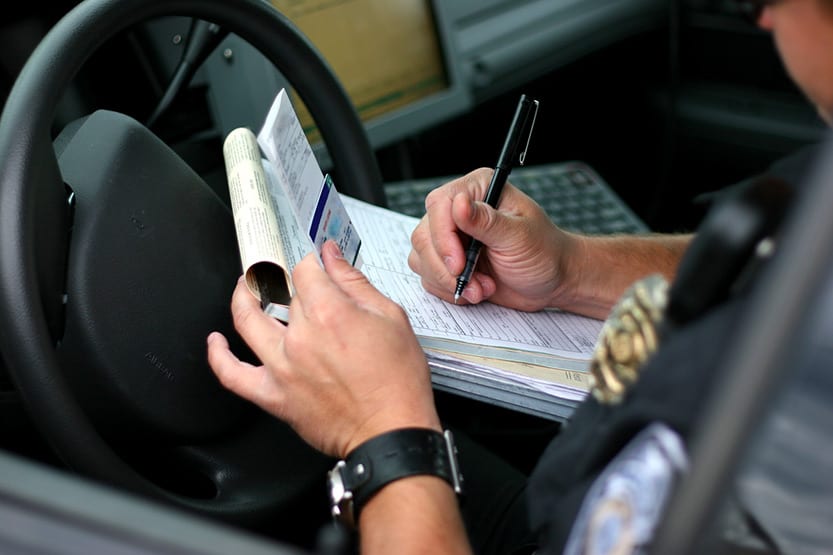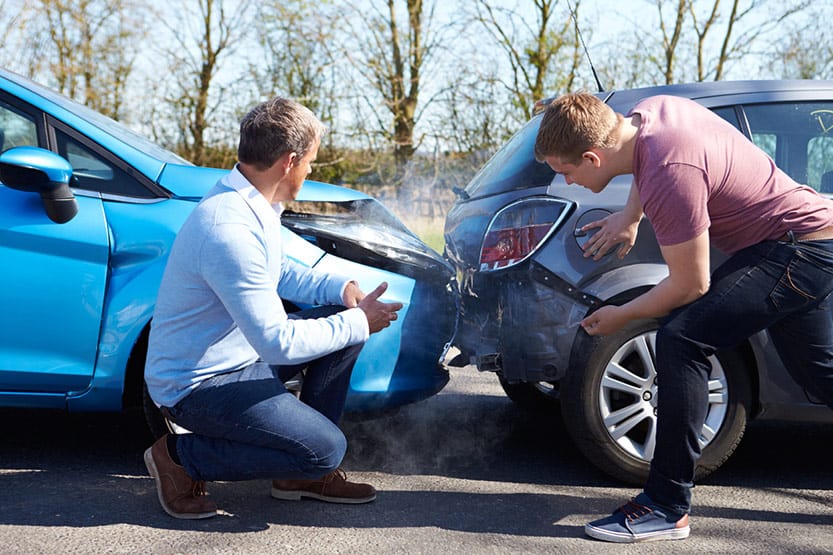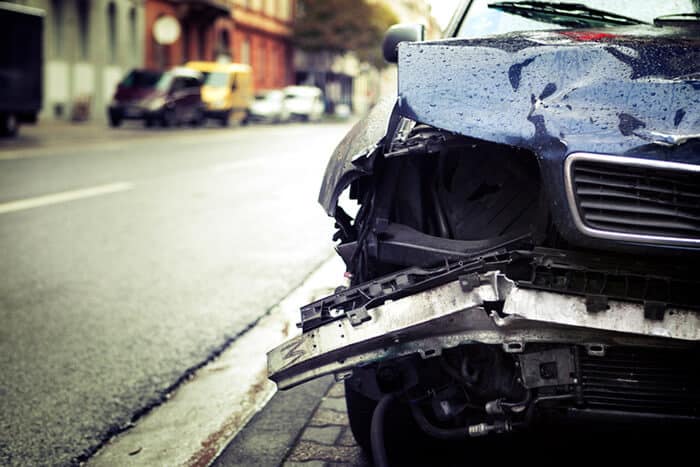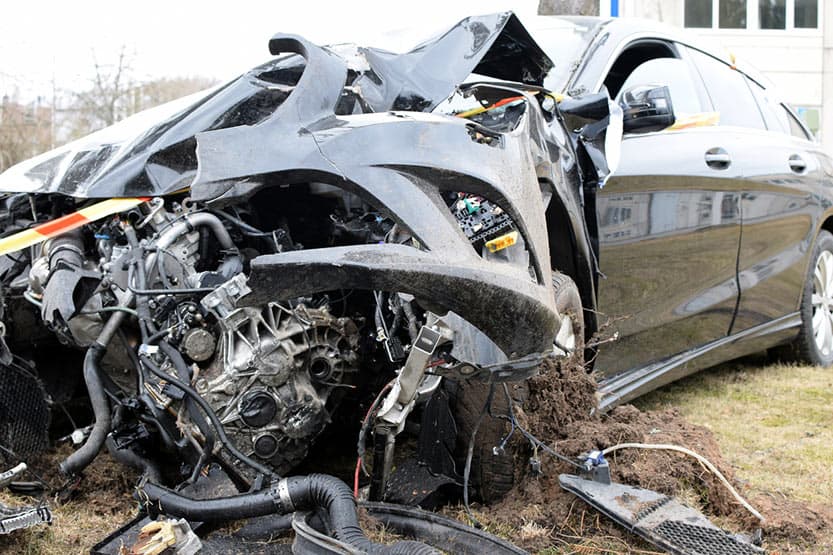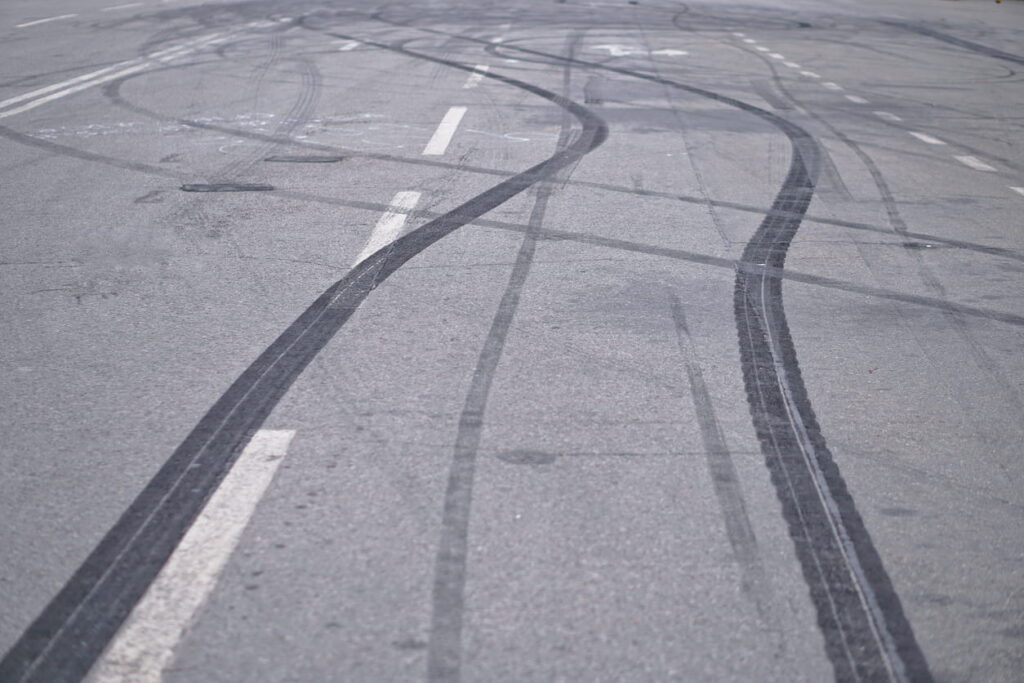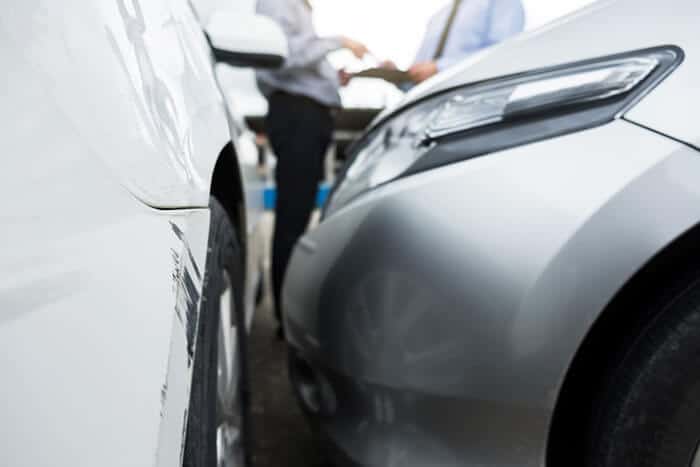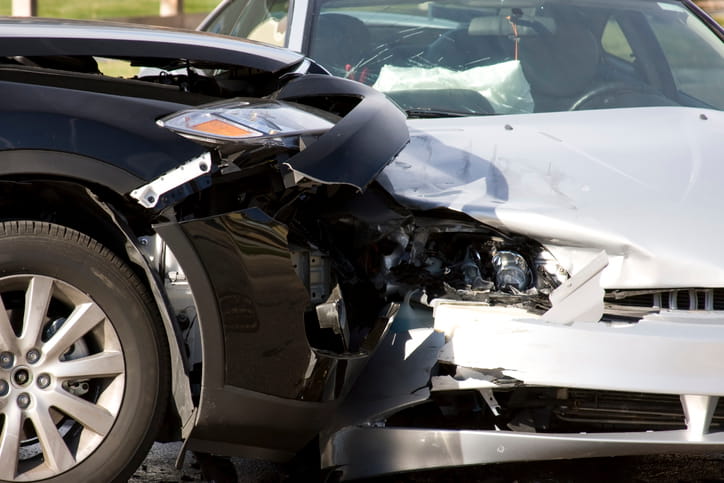LEASED CAR ACCIDENT
More Americans are leasing their vehicles than ever before. With more than a quarter of all drivers leasing their cars, if you’re in an accident, there’s a chance that a leased vehicle is going to be involved. When you’re in an accident that involves a leased vehicle, it can be hard to know what to do. Here are 10 steps to take after an accident in a leased vehicle in Colorado from our car accident attorneys.
Bachus & Schanker Wins – Over $1 Billion Recovered
- What Do I Do If I'm in a Car Accident With a Leased Vehicle in Colorado?
- 1. Summon Emergency Medical Services to the Scene
- 2. Call the Police
- 3. Take Photos of the Scene and Gather Names and Contact Information for Witnesses
- 4. Notify the Leasing Company
- 5. Notify Your Insurance Company
- 6. Take the Vehicle to a Body Shop for an Estimate
- 7. If Your Car Is Repairable, Collect the Insurance Money and Make Repairs
- 8. If Your Car Is Totaled, Collect Payment From the Insurance Company for the Value of the Vehicle and Pay the Outstanding Lease
- 9. Research Whether You Have Gap Coverage or Consider a New Lease
- 10. Determine Fault and Your Right to Legal Compensation in Colorado
- How Our Colorado Car Accident Attorneys Can Help?
- Related Car Accident Resources
What Do I Do If I’m in a Car Accident With a Leased Vehicle in Colorado?
Here’s what to do if you’re in a car accident in a leased vehicle in Colorado:
1. Summon Emergency Medical Services to the Scene
Regardless of the circumstances involved in the accident, you should never leave the scene and always remember the most important thing to do in any accident is to call emergency responders to the scene. If anyone shows signs of common car accident injuries, it’s important to get medical help to the scene. First responders can provide critical life-saving care as well as confirm that you’ve suffered injuries in the accident.
2. Call the Police
Colorado law requires all drivers to call the police to make an accident report when they’re involved in an accident. In addition to being a legal requirement, it’s also important to call the police because they’re an essential witness. Often, the law enforcement officer that responds to the scene is the only professional that has a chance to evaluate the actual accident scene. The law enforcement officer does important tasks like taking witness statements and investigating the cause of the accident. Even in seemingly straightforward cases like a rear-end collision, law enforcement can gather helpful information.
3. Take Photos of the Scene and Gather Names and Contact Information for Witnesses
Even though the police may arrive on the scene to gather evidence, you should also gather your own evidence at the accident scene. If you’re able, take photos of the scene and the vehicle damage. You don’t need to know what’s important right now; just take pictures of the entire scene. Your Colorado car accident attorney can help you sort through the photos later to determine what’s helpful to your case.
4. Notify the Leasing Company
When you’re in an accident involving a leased vehicle in Colorado, you must notify the leasing company. Most companies want to know about the accident within a day or two. It’s important and also in your best interest to tell the leasing company about the accident.
5. Notify Your Insurance Company
In addition to notifying the leasing company of the accident, you should also inform the insurance company. In fact, your lease agreement probably has a requirement that you tell the insurance company about the accident. You should tell the insurance company about the accident as soon as possible and within a few days at the latest.
6. Take the Vehicle to a Body Shop for an Estimate
Once you tell the leasing company about the accident, you take the vehicle to a body shop for an estimate of the damage. If you can repair the car, the body shop gives you a statement for the cost of repairs. If it’s going to cost too much to fix, the insurance company declares the vehicle totaled, and you won’t make the repairs.
7. If Your Car Is Repairable, Collect the Insurance Money and Make Repairs
When you can repair your leased vehicle, you tell the insurance company to go ahead and make the repairs. The insurance company pays you for the value of the repairs minus your deductible. The terms of your lease continue, and you resume driving the vehicle.
8. If Your Car Is Totaled, Collect Payment From the Insurance Company for the Value of the Vehicle and Pay the Outstanding Lease
In cases where it’s not possible to make repairs to your vehicle, the insurance company pays you for the value of the vehicle up to the maximum of your insurance policy. In that case, you don’t make any repairs to the car. Unfortunately, even though you have the money from your insurance company, you’re still on the hook to pay the remaining months of your lease.
9. Research Whether You Have Gap Coverage or Consider a New Lease
If the payments remaining on your lease are a lot more than your insurance payment, it can be a stressful situation! Don’t worry, you have options. You should check whether you have gap insurance coverage. Gap insurance is a type of insurance that you can purchase that makes up the difference when you’re in an accident in a leased vehicle, and the insurance payment isn’t enough. If the value of your vehicle is less than what you owe, your gap insurance can step in to help.
Another thing that can help you is a new lease. You may be able to roll the outstanding balance of your old lease into a new lease agreement. It’s important to understand that a rollover raises your monthly payments. Gap insurance is best, but if you’re in an accident in a leased vehicle and you don’t have gap insurance, a rollover can be the last resort to get a new vehicle and keep your finances manageable.
10. Determine Fault and Your Right to Legal Compensation in Colorado
When you’re in an accident in a leased vehicle or with another driver who has a leased vehicle, you have the same rights to compensation that you have for any other kind of accident. It’s important to work quickly to ensure you are within Colorado’s statute of limitations.
Colorado is an at-fault state. If the other driver is responsible for the crash in whole or in part, they may owe you compensation under Colorado law. This compensation can not only pay you for the damage to your vehicle, but also for physical injuries, mental anguish, and emotional suffering. You must file a claim to receive financial compensation.
Read More: Determining Car Accident Fault By Location Of Damage
How Our Colorado Car Accident Attorneys Can Help?
If you’ve been in an accident involving a leased vehicle, the Colorado car accident lawyers at Bachus & Schanker can help. Our attorneys have experience advocating for all types of car accident victims including cases that involve leased cars. We are conveniently located at 5 Colorado locations near you in Denver, Fort Collins, Colorado Springs, Aurora, and Englewood. Our attorneys are ready to serve you and fight for the compensation you deserve. Contact us today for a confidential evaluation of your case.
Related Reading:
Related Car Accident Resources

Written and Legally Reviewed By: Kyle Bachus
4.6 ★★★★★ 1,461 Google Reviews
Kyle is a member of the Colorado and Florida Bar associations and has served on the Board of Directors of the Colorado Trial Lawyers Association for more than twenty years in total. Over the years, Kyle has achieved justice for many clients. He has served on numerous committees and repeatedly won recognition from his peers at both the state and national level. He is proud of the role he has played in the passage of state and national legislation to protect consumers and is a frequent speaker and guest lecturer.
